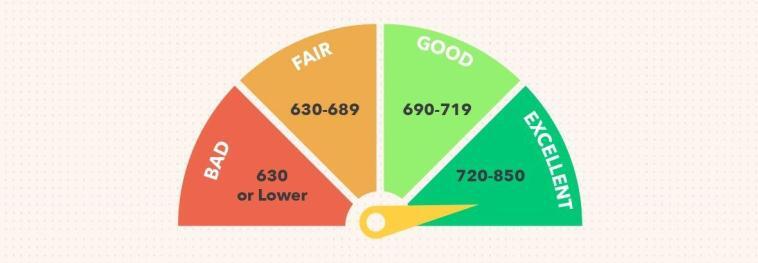Your credit score affects many aspects of your life, including whether you qualify for loans, insurance, and other financial services. It also impacts your ability to rent an apartment, buy a home, or even get a job.
Pay off any debts with high interest rates first.
If you have debt with high interest rates, pay them off as soon as possible. This will help improve your credit score by reducing the amount of debt you carry.
Don’t close old accounts.
Closing an account that has been inactive for more than two years won’t hurt your credit score. However, closing an active account will lower your score because it shows that you aren’t responsible enough to keep up with your payments.
Reduce your debt by paying more than the minimum payment each month.
If you’re struggling to pay off your debts, consider increasing your monthly payments. This will help you reduce your total balance faster and improve your credit score.
Check your credit report regularly.
It’s important to check your credit report at least once every 12 months. That way, you can see what changes have been made to your credit history. If you find errors, dispute them with the credit reporting agency.
Avoid using new credit cards.
New credit cards often come with high interest rates and fees. Instead, use an existing card that has no annual fee and low monthly payments.

